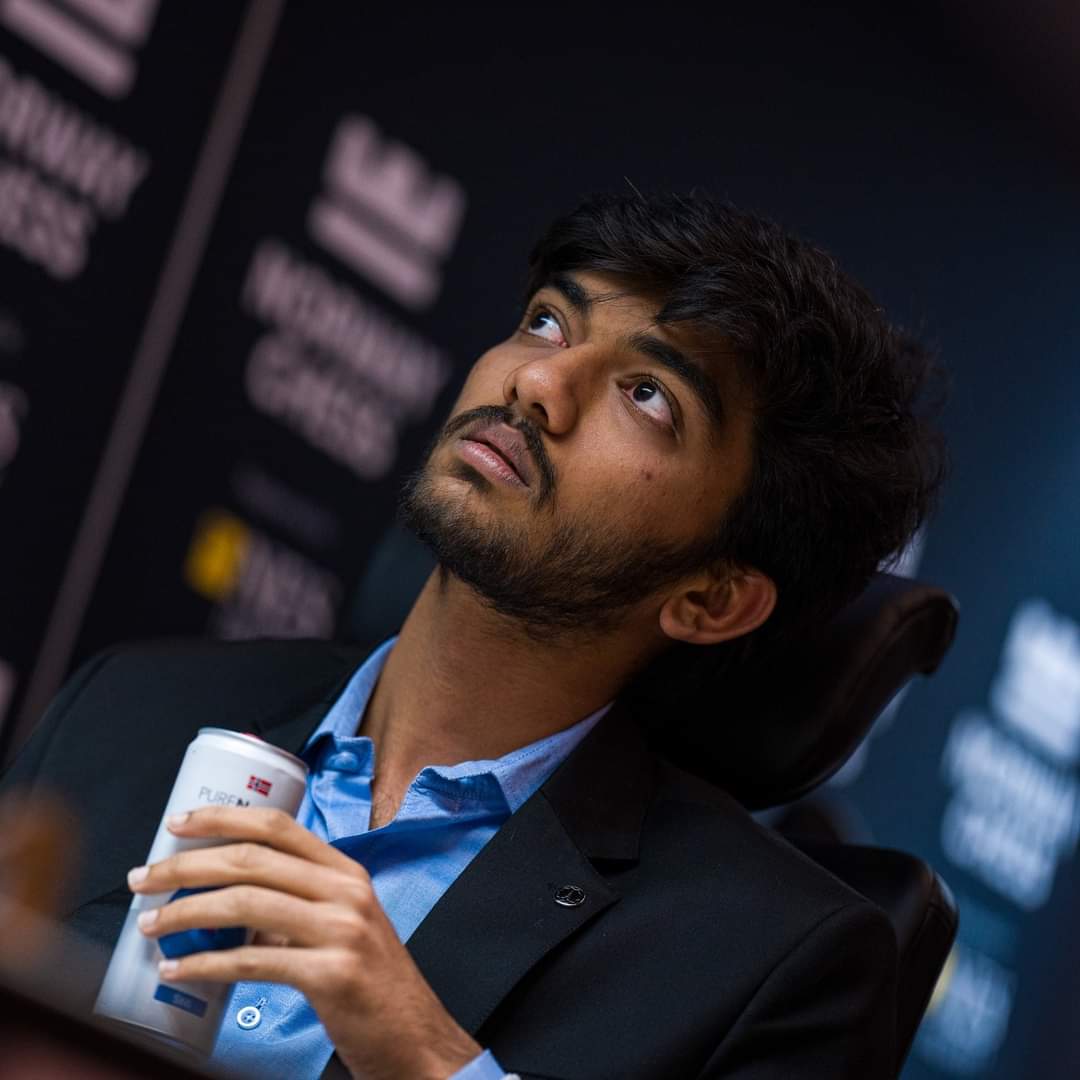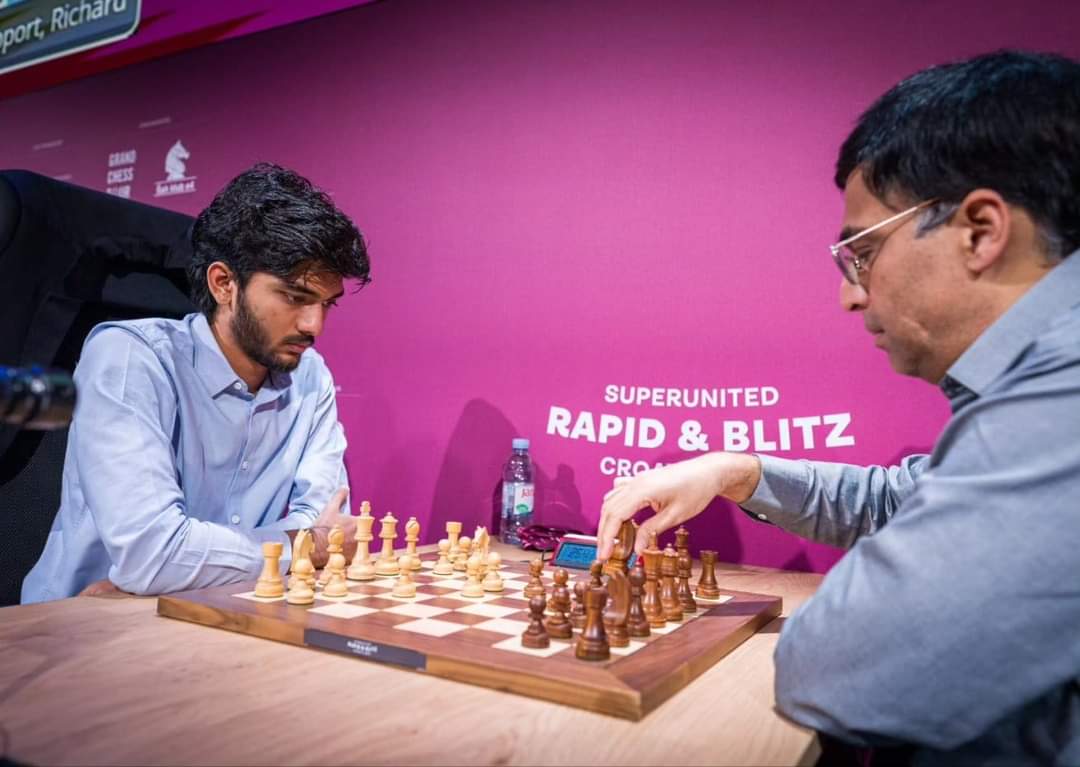Gukesh
Zitat von Conrad Schormann am 28. Juli 2023, 17:35 Uhrhttps://perlenvombodensee.de/2021/04/12/gukesh-sarin-pragg-und-keymer/
https://perlenvombodensee.de/2022/07/17/gukesh/
Zitat von Conrad Schormann am 28. Juli 2023, 17:36 Uhr"Until early last year, the top guys saw me a prospect. Now, I'm a colleague, maybe even a rival.”Ahead of Fide World Cup, India's 17 yr-old chess superstar Gukesh, youngest-ever to cross 2750 Elo, spoke to me on goals, records & regrets and why he loves Djokovic
For @htTweets@vishy64theking on Gukesh: "2750 is a huge accomplishment. It’s quite clear that at some point he might just shoot past me. I’m quite relaxed about it, even proud. To wake up one day and realise I'm not the No 1 rated player in India might be a funny feeling.”Gukesh is now just 3.1 points behind Anand. “He’s my idol, my biggest hero. So just to be able to go past him in the ratings at some point would be really nice. Of course, I’m nowhere close to his achievements.”The most perceptible recent spike in Gukesh’s growth trajectory happened at last year’s Olympiad. He dazzled with eight wins in eight rounds and earned an individual gold. It instantly separated him from the ultra-talented throng of fellow teen Indian GMs.Gukesh: “Surely the competition among us was a huge push. It’s one of the reasons why Indian chess is where it is right now. We train together, compete against each other and most of us are good friends. In classical chess at least, I have pulled ahead quite a bit.”He sees Arjun Erigaisi (2710 Elo) as his prickliest rival in the lot. “We’re friends, but I try not to give away too much. Even a little information can be quite an advantage. I guess it’s the same for him (and others) too."The Candidates is a huge goal for Gukesh. The upcoming World Cup will offer spots to its top-3 finishers. "Last year I wasn't even thinking about it. This year I guess I have a fair shot."Gukesh attended full-time school only till Class 4. He spent his pre-teens travelling to tournaments around the world, chasing the title of youngest-ever GM & sleeping in baggage claim areas at airports overnight to cut costs.
Ahead of Fide World Cup, India's 17 yr-old chess superstar Gukesh, youngest-ever to cross 2750 Elo, spoke to me on goals, records & regrets and why he loves Djokovic
For @htTweets 

Zitat von Conrad Schormann am 1. Januar 2024, 13:48 UhrWie Gukesh in eine Krise geriet, den Kandidaten-Traum schon aufgegeben hatte, fast Schach aufgegeben hätte und am Ende doch als Sieger dasteht:
https://www.hindustantimes.com/sports/others/gukesh-confirms-his-candidates-spot-101703957927677.html
Wie Gukesh in eine Krise geriet, den Kandidaten-Traum schon aufgegeben hatte, fast Schach aufgegeben hätte und am Ende doch als Sieger dasteht:

 Read on Twitter
Read on Twitter 
